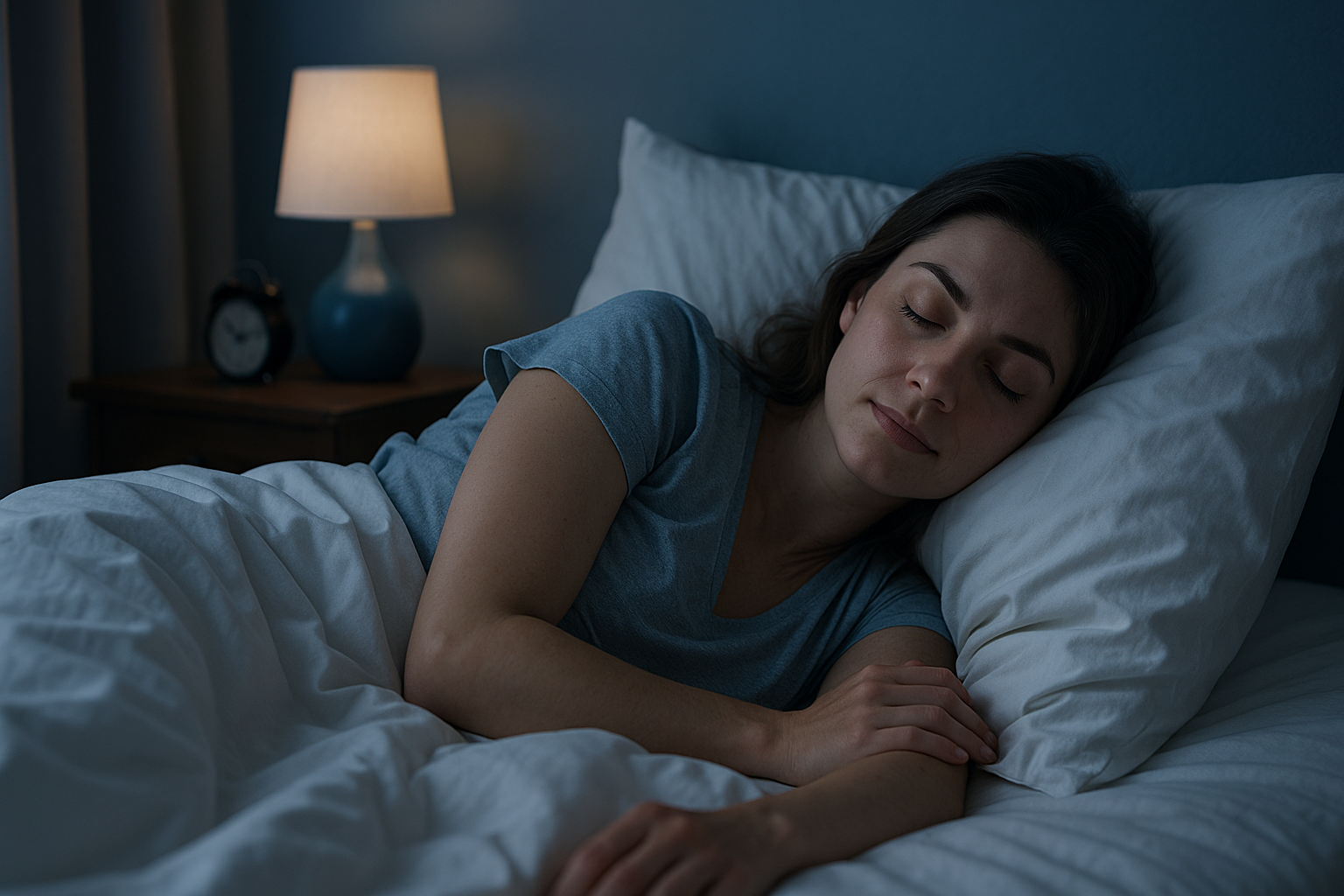Sleep is not a luxury—it’s a necessity. Poor sleep doesn’t just make you tired; it affects your mood, focus, immune system, and even your long-term health. Fortunately, improving your sleep doesn’t always require medication. Simple changes in habits and environment can make a huge difference. Here’s how to get better rest and wake up more energized.
Why Sleep Matters
Sleep is the time when your body repairs itself, balances hormones, and processes memories. Without enough quality sleep, everything suffers—from your physical health to your emotional well-being and mental performance.
1. Stick to a Sleep Schedule
Going to bed and waking up at the same time every day—even on weekends—helps regulate your internal clock (circadian rhythm). Over time, your body will naturally start to feel sleepy and wake up around those hours.
Tip:
Try to set a fixed bedtime and wake-up time. Even just 15-minute adjustments can make a difference.
2. Create a Bedtime Routine
A calming pre-sleep routine signals your body it’s time to wind down. Avoid stimulating activities like checking emails or watching thrilling shows right before bed.
Good Routine Ideas:
- Reading a book
- Taking a warm shower
- Gentle stretching
- Listening to calm music or nature sounds
3. Limit Screen Time Before Bed
The blue light emitted by phones, tablets, and computers can suppress melatonin production—a hormone that helps you sleep.
What You Can Do:
- Stop screen use at least one hour before bedtime
- Use “night mode” or blue light filters
- Choose audio content like podcasts or meditations instead of visual media
4. Make Your Bedroom Sleep-Friendly
Your bedroom should be a sanctuary for rest. A cluttered or noisy environment can disturb sleep quality more than you think.
Optimize With:
- Blackout curtains or an eye mask
- A fan or white noise machine
- A comfortable mattress and breathable bedding
- Keeping the room temperature between 16–20°C (60–68°F)
5. Avoid Heavy Meals and Caffeine Late in the Day
Eating large meals too close to bedtime can cause discomfort and disrupt digestion. Likewise, caffeine can stay in your system for up to 8 hours.
Alternatives:
- Choose lighter dinners with balanced portions
- Replace afternoon coffee with herbal teas like chamomile or peppermint
6. Get Natural Light Exposure During the Day
Sunlight helps regulate your sleep-wake cycle. Getting outside in the morning or early afternoon supports better nighttime sleep.
Tips:
- Open your curtains as soon as you wake up
- Take a walk outside during breaks
- Work near a window if possible
7. Exercise Regularly—but Not Too Late
Physical activity helps you fall asleep faster and improves sleep quality. However, intense workouts too close to bedtime may keep you wired.
Ideal Timing:
Exercise in the morning or early evening. Stretching or light yoga is fine before bed.
8. Manage Stress and Anxiety
Mental overload is a major reason people can’t fall asleep. Practicing relaxation techniques can reduce nighttime overthinking.
Helpful Practices:
- Journaling your thoughts before bed
- Doing breathing exercises or guided meditations
- Practicing mindfulness during the day
9. Limit Naps to Recharge Properly
While naps can boost alertness, long or late naps might interfere with your nighttime sleep.
Nap Guidelines:
- Keep naps to 20–30 minutes
- Nap early in the afternoon
- Avoid napping if you’re struggling with insomnia
10. Track Your Sleep Patterns
Understanding your sleep habits can help you make better choices. Use a journal or a sleep-tracking app to monitor how long and how well you’re sleeping.
Track Things Like:
- Time you go to bed and wake up
- How often you wake during the night
- How rested you feel the next day
Wake Up Refreshed, Not Exhausted
Sleep is one of the most powerful tools for maintaining good health—and it’s often overlooked. By making small adjustments to your routine and environment, you can sleep more deeply and wake up ready to face the day. Start by choosing two or three tips from this list and apply them tonight. Your mind and body will thank you.
Sleep
